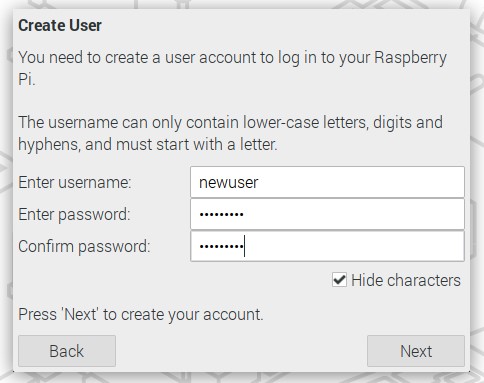The Raspberry Pi developers have updated their OS by removing the default user, pi, from it. This measure is designed to make it harder for attackers to hack into devices accessible via the Internet using brute force and default credentials.
Now, when installing the OS, the user will be prompted to create an account by selecting a username and password, although before the installer only requested the user’s password.You can no longer skip this step, whereas previously you could click Cancel and use the default credentials: pi/raspberry. Although users will still be able to use pi/raspberry as their login and password, the system will warn them that this is not a smart choice.

The first time user boots the Raspberry Pi OS Lite image, he will also be prompted to create a new account. If he needs to run a headless version of the Raspberry Pi, he can set a username and password before booting the OS (in the Settings dialog before burning the image) or by adding a userconf file to the boot partition containing credentials in the format username:encrypted-password.
Let me remind you that we also Western Digital My Cloud OS Fixes Critical Vulnerability, and also that Apple leaves critical bugs unpatched in macOS Big Sur and Catalina.
